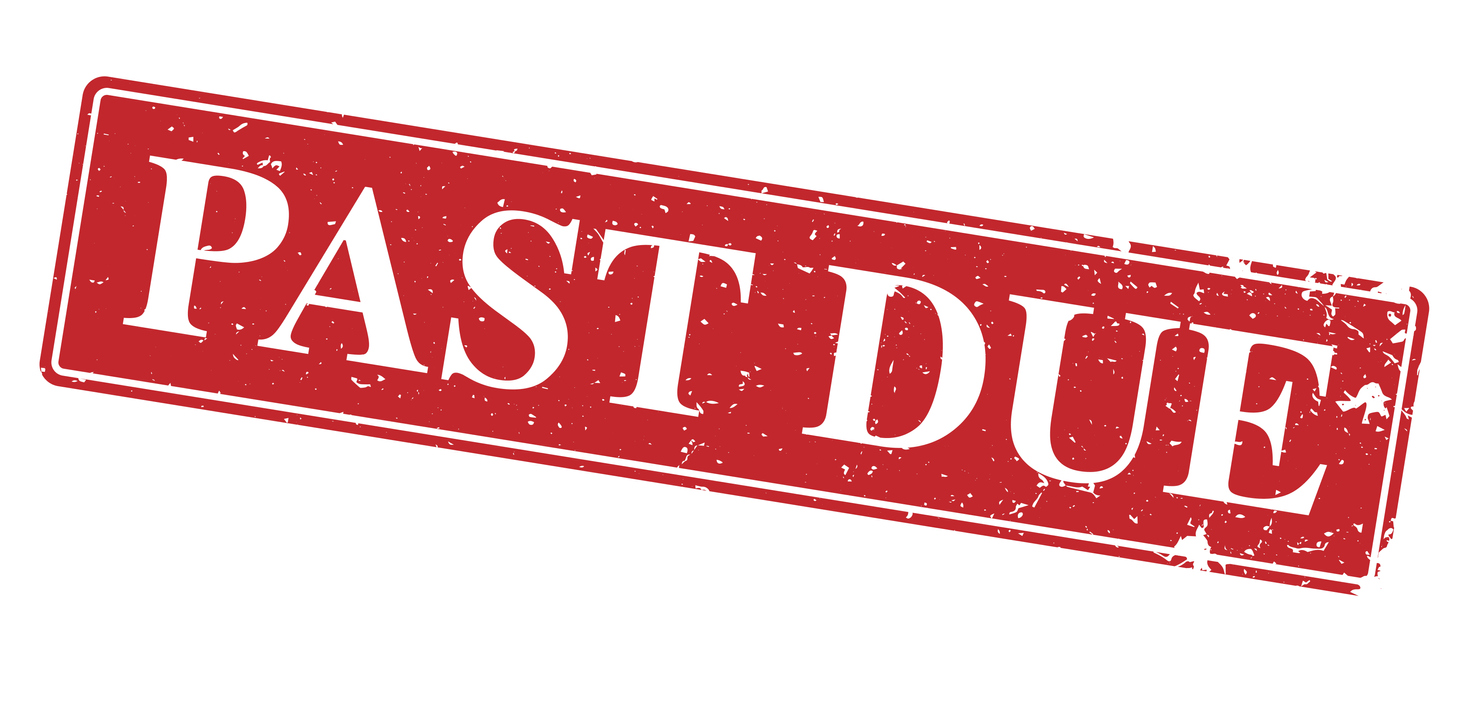
According to a recent study by Tally Street, 57% of B2B payments were collected late by small to medium-sized businesses in the United States in 2020. The study also found that the average proportion of overdue invoices increased to 50%, up from 43% in the previous year. Another report by Atradius Credit Insurer found that 49% of the invoices produced by businesses in the US go on to become overdue. These statistics highlight the ongoing challenge of overdue B2B payments in the US and the need for businesses to implement effective accounts receivable management strategies.
One of the best ways to reduce the burden of past-due payments on businesses is to prevent them from happening in the first place. This can be achieved by implementing effective accounts receivable management strategies.
Here are some important steps for collecting on B2B Invoices:
1. Set clear payment terms
Before starting any business transaction, it’s essential to set clear payment terms that both parties agree on. This includes payment due dates, late payment penalties, and acceptable payment methods. Clear payment terms help establish expectations and reduce the risk of disputes and delayed payments.
2. Send timely and accurate invoices
Invoices should be sent promptly after the goods or services have been delivered, and they should be accurate and detailed to avoid any confusion or disputes. It’s also essential to include all payment details, including the due date and acceptable payment methods.
3. Follow up with payment reminders
If the payment due date passes without payment, it’s essential to follow up with payment reminders. This can be done through various channels, such as email, phone, or letter. The preferred method for B2B delinquent notifications is via email.
Email is a much easier and more friendly medium as it avoids a direct and uncomfortable confrontation that can possibly affect the client relationship. Payment reminders should be polite and professional, with clear instructions on how to make the payment. Automating the reminder process is a clear winner for ensuring faster payment collection.
4. The Last Resort – Escalate the collection process
If payment reminders do not result in payment, it may be necessary to escalate the collection process. This can involve hiring a debt collection agency or taking legal action. However, these steps should only be taken as a last resort, as they can be costly and damage the business’s relationship with the customer.
Businesses can improve their chances of collecting on B2B invoices while maintaining positive relationships with their customers and avoid going to “The Last Resort” altogether. Contact an eTreem expert to learn how our B2B Payment Processing Platform can help your company optimize receivable payments and collections.
